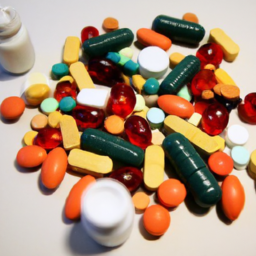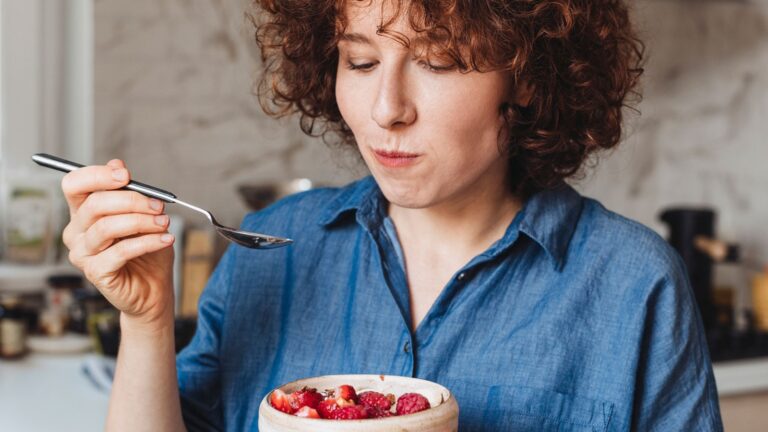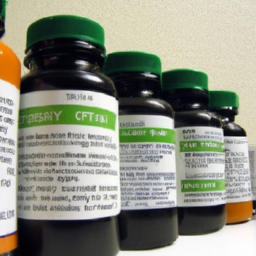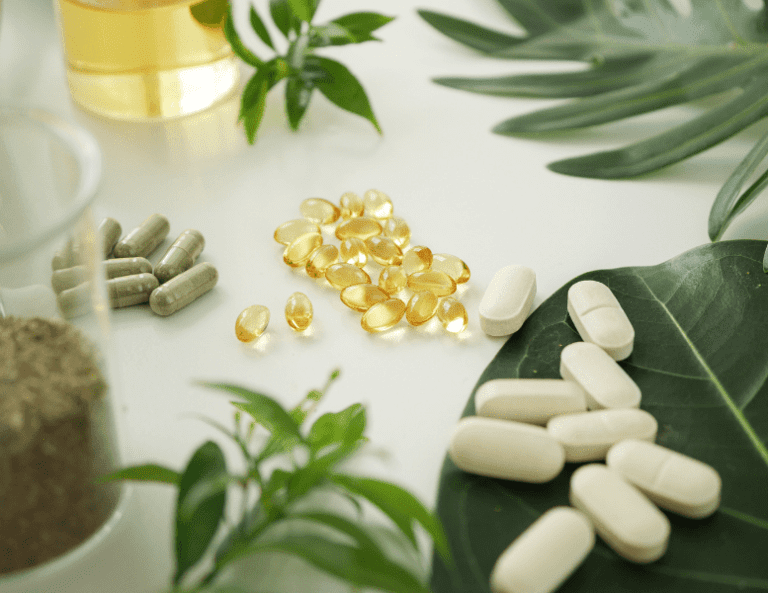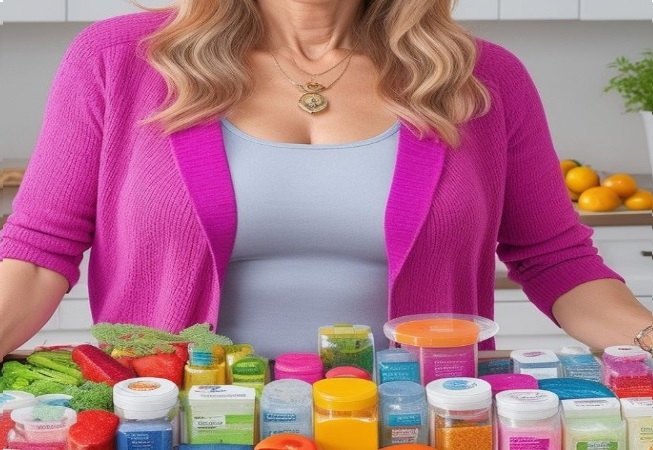Vegan vitamin B12 supplements
Discover the importance of Vegan Vitamin B12 supplements for health. Learn about sources, dosages, and the need to prevent deficiency for a healthier vegan lifestyle.
Vegan vitamin B12 supplements play a crucial role in maintaining your overall health, especially if you follow a vegan diet.
Vitamin B12 is essential for preventing anemia, protecting your nervous system, and supporting heart health, alongside being extremely important during pregnancy.
As a vegan, your reliable sources for B12 include fortified foods, like plant milk and breakfast cereals, and B12 supplements. To ensure you’re getting enough, you can either consume fortified foods 2-3 times a day to achieve a daily intake of at least 3 mcg, take a daily supplement of at least 10 mcg, or opt for a weekly supplement of 2000 mcg.
Keep in mind that smaller, more frequent doses usually enhance absorption. Since the 1940s, fortified foods and supplements have been the most reliable ways for vegans to meet their B12 needs. If you’re ever in doubt about your B12 status, testing your blood for homocysteine and MMA levels is the best approach.
Remember, addressing B12 deficiency promptly can prevent serious health issues such as loss of energy, numbness, and impaired vision. Have you ever wondered if you’re getting enough vitamin B12 on a vegan diet? It’s a common question and concerns many people who choose to eat a plant-based diet.
Ensuring you have sufficient vitamin B12 is crucial for maintaining good health, and this article will guide you through everything you need to know about vegan vitamin B12 supplements.

Importance of Vitamin B12
Vitamin B12 is an essential nutrient that plays a critical role in preventing anemia and nervous system damage. Without adequate B12, your body can’t produce enough healthy red blood cells, leading to various health issues. This vitamin is also vital for heart health and especially critical during pregnancy to support fetal development.
Vitamin B12 supports brain function and DNA synthesis, and low levels can lead to significant health problems. For vegans, it’s important to find reliable sources of this nutrient since it’s predominantly found in animal products.
Sources for Vegans
As a vegan, your sources of vitamin B12 are limited to fortified foods and supplements. Fortunately, there are plenty of fortified products available, like plant milks, soy products, and breakfast cereals that can help you achieve your daily intake.
Here are some common vegan-friendly foods that are often fortified with vitamin B12:
| Food Category | Examples |
|---|---|
| Plant Milks | Almond milk, soy milk, oat milk |
| Soy Products | Tofu, tempeh, meat substitutes |
| Breakfast Cereals | Fortified bran flakes, oats, muesli |
| Nutritional Yeast | Often used in cooking to give a cheesy flavor |
| Energy Bars | Some brands have B12 fortification |
In addition to fortified foods, taking vitamin B12 supplements is a highly effective way to ensure you’re getting enough of this essential nutrient.
Supplement Recommendations
Getting the right dosage of vitamin B12 can be achieved through different methods, tailored to your eating habits and lifestyle.
Daily Fortified Foods
Consuming fortified foods 2-3 times a day can help you reach at least 3 micrograms (mcg) of B12 daily. This method works well if you have a varied diet that includes different fortified foods throughout the day.
Daily Supplements
Alternatively, taking a daily B12 supplement is a straightforward option. A supplement of at least 10 mcg daily ensures you’re meeting your nutritional needs without worrying about fitting enough fortified foods into your diet.
Weekly Supplements
For those who prefer less frequent supplementation, taking a weekly dose can be just as effective. A supplement that provides 2000 mcg of B12 once a week is a solid choice.
Absorption Consideration
It’s important to note that vitamin B12 absorption is more effective when taken in smaller, more frequent doses. This is due to the body’s ability to absorb only a limited amount of B12 at a time. Therefore, spreading your intake throughout the day through fortified foods or opting for daily supplementation can be beneficial.
Historical Context
For over 60 years, fortified foods and supplements have been the only reliable sources of vitamin B12 for vegans. Before the widespread availability of these products, maintaining adequate B12 levels on a vegan diet was challenging. Fortification practices and supplement development have since provided easy and effective solutions for meeting B12 needs.

National Recommendations
Different countries have varying recommendations for daily B12 intake, but they typically range between 2.4 and 3 mcg. Understanding these recommendations can help you gauge your supplementation needs.
Here are the daily vitamin B12 recommendations for several countries:
| Country | Daily Recommendation (mcg) |
|---|---|
| United States | 2.4 |
| Canada | 2.4 |
| United Kingdom | 1.5 |
| Australia | 2.4 |
| Germany | 3 |
Consulting your healthcare provider can provide personalized advice based on your specific health needs.
Deficiency Symptoms
Recognizing the symptoms of vitamin B12 deficiency is crucial for early intervention and treatment. Symptoms can vary but commonly include:
- Loss of energy or fatigue
- Numbness or tingling in hands and feet
- Impaired vision
- Memory loss
- Difficulty walking
- Mood changes or depression
If you suspect you have a B12 deficiency, seek medical advice promptly. Early detection and supplementation can prevent long-term damage.
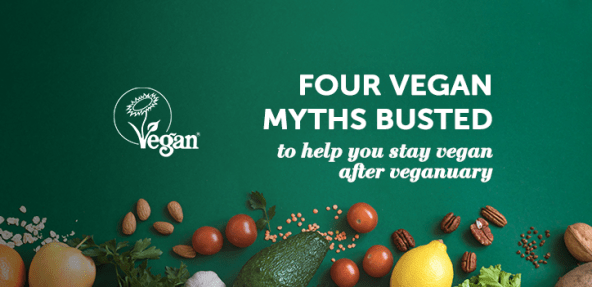
At-Risk Groups
Certain groups are at higher risk of vitamin B12 deficiency, particularly long-term vegans who do not consume fortified foods or take supplements. Breastfed infants of B12-deficient mothers are also at risk and require monitoring to ensure proper development.
Homocysteine Levels
Elevated homocysteine levels are a concern associated with B12 deficiency. Homocysteine is an amino acid, and high levels can lead to an increased risk of heart disease, stroke, and pregnancy complications. Monitoring and managing these levels through adequate B12 intake is essential for maintaining cardiovascular health.
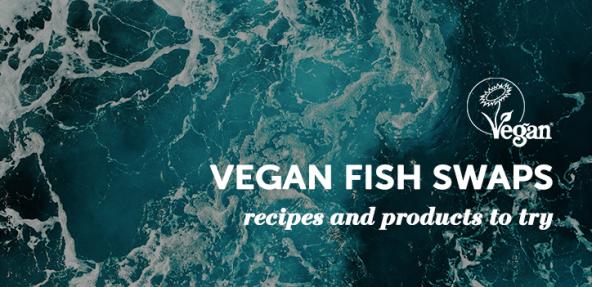
Testing
When testing for vitamin B12 status, standard blood tests might not always provide an accurate picture. Reliable testing methods include measuring blood homocysteine and methylmalonic acid (MMA) levels. These tests can provide more precise information about your B12 status, especially if you exhibit symptoms of deficiency.
Consult your healthcare provider to discuss the best testing options and ensure that you are maintaining adequate vitamin B12 levels.
Conclusion
Ensuring you get enough vitamin B12 on a vegan diet is crucial for your overall health and well-being. By incorporating fortified foods, considering supplement options, and understanding the symptoms of deficiency and at-risk groups, you can effectively manage your B12 intake.
Whether you choose to consume fortified foods daily, take a daily supplement, or opt for a weekly dose, there are reliable and convenient options available to suit your lifestyle. Stay informed, monitor your health, and take proactive steps to ensure you get enough of this essential nutrient. Your body will thank you!



